This year marks the 60th anniversary of one of the greatest disasters in the history of American intelligence, the Bay of Pigs. A poorly designed operation to oust the Soviet-aligned Cuban leader Fidel Castro, it was an early fiasco for the new U.S. President John F. Kennedy — but one he learned a great deal from, as later events would show. It also helped lead to Castro’s first deployment of Cuban troops abroad, in North Africa in 1963.
I had the good fortune to have as my advisor in college at Brown University the former inspector general of the Central Intelligence Agency, Lyman Kirkpatrick, who authored the agency’s post-mortem on the Bay of Pigs failure. It was so devastating that all copies were recalled. It showed that the American planners of the April 1961 invasion by a few hundred Cuban anti-communists had just assumed that if the invaders got into trouble on the beach fighting the much larger Cuban army, then JFK would send in the Marines and Navy to defeat Castro, turning a covert operation into a war. Kennedy had no intention of doing so, and at the moment of crisis on the beach, he refused to send in U.S. forces.
The Bay of Pigs fiasco directly led to the Soviet decision to send nuclear armed missiles to Cuba a year later, precipitating the Cuban missile crisis in October 1962. This time, Kennedy was a masterful crisis manager, keeping the generals in the Pentagon from going to war and finding a way for Moscow to back down and withdraw the missiles. Castro was furious at the Soviets for backing off but Kennedy gave them a promise that the United States would not invade the island, a promise that has held ever since. This was despite a series of Cuban military interventions in support of pro-Soviet regimes in places like Angola and Ethiopia later in the Cold War, which encountered little direct resistance from U.S. forces.
The first deployment of Cuban troops was in Algeria in October 1963. In the 1950s, Kennedy had been the first U.S. senator to call for the United States to cease support for the French colonial war in Algeria. He welcomed French President Charles de Gaulle’s decision to give Algeria independence in 1961, and hosted Algerian President Mohamed Ahmed Ben Bella for a state visit on October 15, 1962 on the eve of the Cuban missile crisis.
A year later, Algeria was in an undeclared border war with its neighbor Morocco, an ally of the United States. Moroccan King Hassan II felt threatened by the Algerian revolutionary leadership and its attempt to exploit the poorly demarcated border that had been imposed by the French when they controlled both countries.
As tensions grew in September 1963, Ben Bella had asked Castro for help. Castro was eager to assist another revolutionary government against a pro-Western monarchy. Cuba sent a contingent of special forces along with tanks and heavy weapons by sea in two ships to Oran. The Cuban troops trained Algerian troops to use the equipment and Gamal Abdel Nasser’s Egypt sent military advisors. The Soviet Union also backed Algeria.
King Hassan — who had come to Washington for a state visit in March, and who entertained First Lady Jacqueline Bouvier Kennedy on a private visit to Marrakech in mid-October — turned to the United States for additional military assistance. Kennedy did not want the conflict to escalate and refused to send more aid than what was already in the pipeline. The king asked Spain for help, but Madrid followed Washington’s lead. Kennedy did not want another East-West confrontation in the Maghreb with uncertain outcomes. He pressed both Ben Bella and Hassan to stop fighting. By the end of October, Ethiopian mediation secured a cease-fire agreed to in Bamako, Mali. The so-called “War of the Sands” was over. Cuban troops soon returned to Havana.
It was Kennedy’s last foreign crisis; he was assassinated just a few weeks later in Dallas. In the two and a half years from the Bay of Pigs to the North African war, his leadership on the world stage had matured greatly. Unlike today, Cuba dominated the U.S. president’s foreign policy agenda then. For President Joe Biden, Cuba remains on the back burner as an international concern, yet a thorn in the side of his party’s domestic political agenda in Florida. With this month’s growing unrest on the island, the Biden administration will need to absorb the obvious lessons JFK learned 60 years ago, and find new ways to support the Cuban people’s aspirations for nonviolent change.
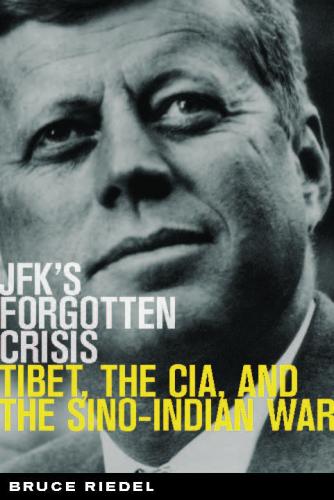
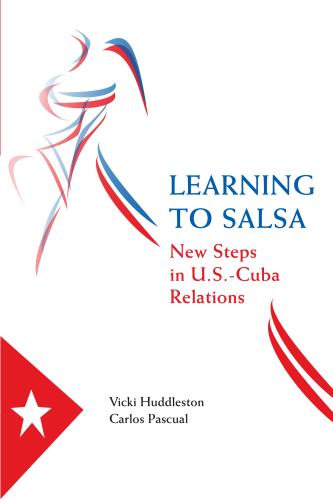

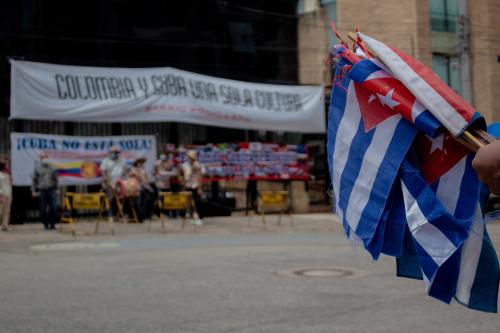
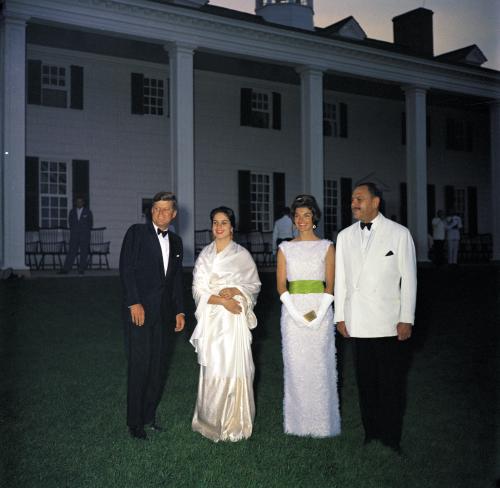
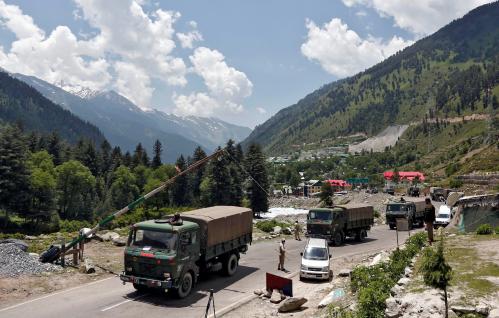




Commentary
Kennedy, Cuba, and the “War of the Sands”
July 19, 2021